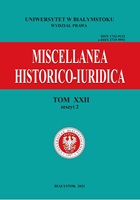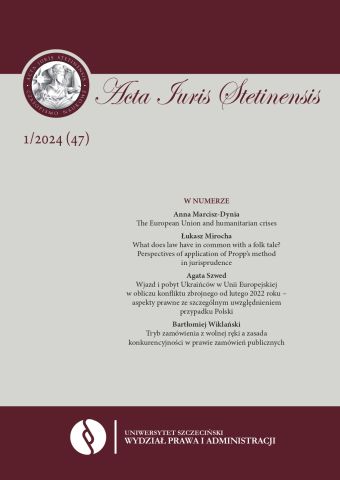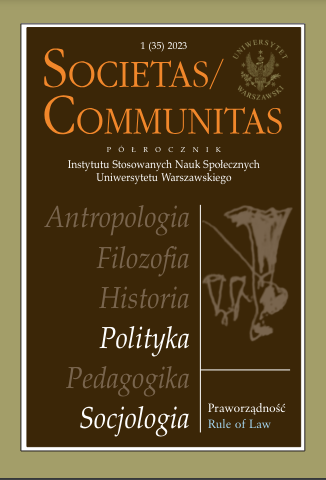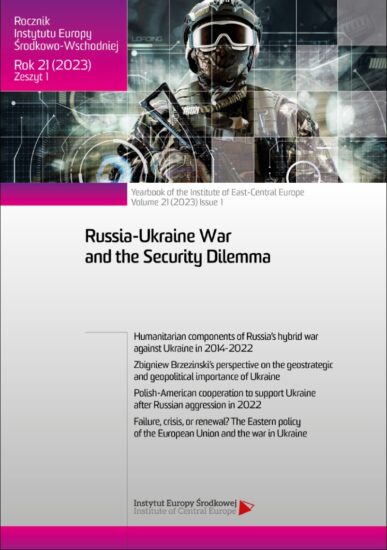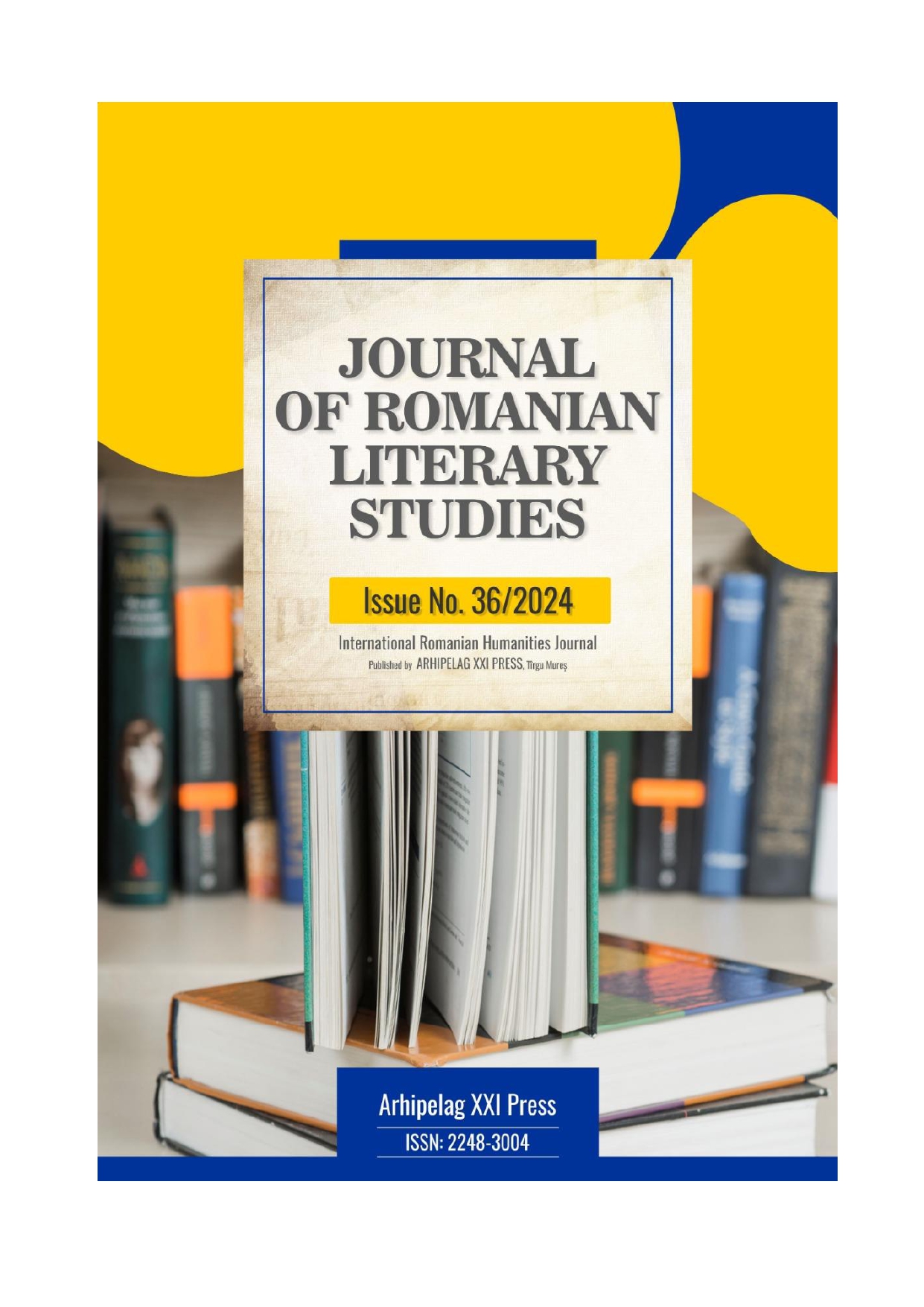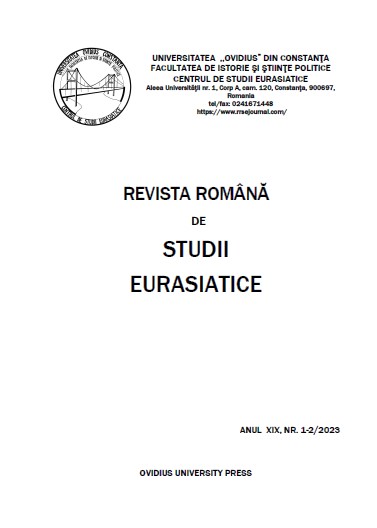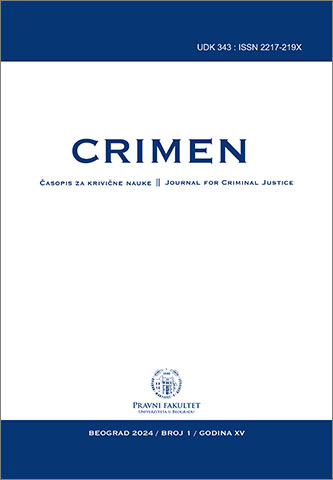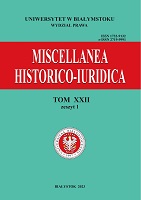
Constitution of the Kingdom of Serbia from 1888
In the paper, the author analyzes the adoption procedure, characteristics and significance of the Constitution of the Kingdom of Serbia from 1888. After the Kingdom of Serbia acquired the status of an independent and sovereign state by the decision of the Congress of Berlin, all restrictions regarding its constitutional arrangement disappeared. Emphasizing that the constitution of 1869 was passed illegally during his childhood, and that it gave the people too much freedom, King Milan Obrenović initiated the adoption of a new constitution. Created as a result of a political agreement between King Milan and the Radical Party, the constitution was supposed to secure the interests of both parties, i.e. the survival of the ruling dynasty on the throne and the introduction of a parliamentary system. The constitution was intended to establish a balance between the rights of the people, the ruler and the assembly. By arranging the political system of the state on the principles of parliamentarism and democracy, which sought to satisfy the interests of different layers of the Serbian citizenry, and by providing favorable conditions for further democratization of political life, the constitution of 1888 represented one of the most advanced constitutions in Europe at that time. However, practice has shown that parliamentary democracy requires a more developed social environment than the one that existed in the Kingdom of Serbia at the end of the 19th century.
More...
